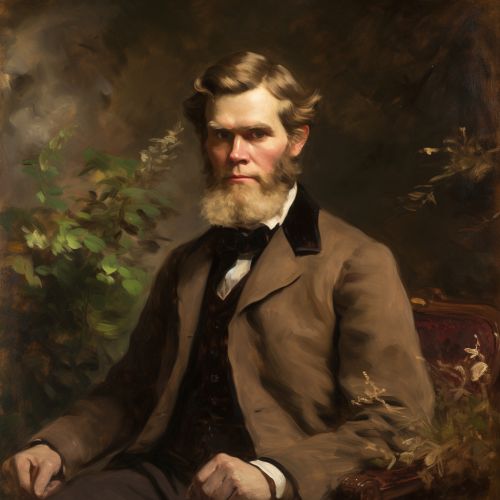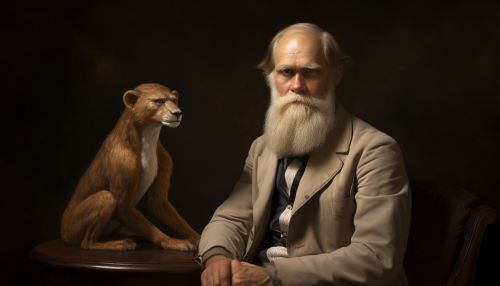Charles Darwin
Early Life and Education
Charles Robert Darwin was born on 12 February 1809 in Shrewsbury, Shropshire, England. He was the fifth of six children of wealthy society doctor and financier Robert Darwin and Susannah Darwin (née Wedgwood). His grandfathers Erasmus Darwin and Josiah Wedgwood were both prominent abolitionists.
Darwin went to the University of Edinburgh Medical School (at the time the best medical school in the UK) with his brother Erasmus in October 1825. But he found lectures dull and surgery distressing, so he neglected his studies. He learned taxidermy in around 40 daily hour-long sessions from John Edmonstone, a freed black slave who had accompanied Charles Waterton in the South American rainforest.


In his second year, Darwin joined the Plinian Society, a student natural-history group featuring lively debates in which radical democratic students with materialistic views challenged orthodox religious concepts of science. He assisted Robert Edmond Grant's investigations of the anatomy and life cycle of marine invertebrates in the Firth of Forth, and on 27 March 1827 presented at the Plinian his own discovery that black spores found in oyster shells were the eggs of a skate leech.
Voyage on the Beagle
In 1831, Darwin embarked on an expedition on board the HMS Beagle. His role as a naturalist on the voyage gave him the opportunity to closely observe various geological formations and fossil specimens, which led to significant insights regarding geological processes. During the voyage, Darwin also collected a variety of natural specimens, including birds, plants, and fossils.
Darwin's observations and collections contributed to the inception of Darwin's theory of evolution by natural selection. His writings from the voyage (The Voyage of the Beagle) made him a celebrity in scientific circles.
Theory of Evolution
After his return from the Beagle voyage, Darwin began to develop his groundbreaking theory of evolution. This theory, published as "On the Origin of Species" in 1859, proposed that all species of life have descended over time from common ancestors. Darwin's theory introduced the scientific concept that evolution occurs through a process that he called natural selection.
In the next few years, Darwin refined his theory, made extensive additions to his notes, and corresponded with experts in Britain and abroad. He closely studied the habits and characteristics of the most domesticated species, reading every book he could find on husbandry. He was methodically doing research and experimenting, exploring all aspects of the natural world, including animal husbandry and selective breeding, geology, and botany.
Later Life and Death
In his later life, Darwin suffered from various health issues, possibly due to the stress of the controversy surrounding his theory and the demands of his scientific work. Despite his health problems, Darwin continued to work on his theories and conduct scientific experiments until his death on 19 April 1882.
Darwin's scientific discovery is the unifying theory of the life sciences, explaining the diversity of life. His extensive work also contributed to the philosophical debate regarding the origins and meaning of life. His work continues to influence a broad range of scientific disciplines.
Legacy
Charles Darwin's contributions to science remain immensely influential in many fields. His theory of evolution by natural selection is a fundamental concept in biology, and his work laid the groundwork for modern evolutionary studies. Darwin's theory also had profound implications for the philosophical understanding of humanity's place in the universe.
Darwin's work continues to be celebrated for its impact on science and society, and he is remembered as one of the most influential figures in human history.
